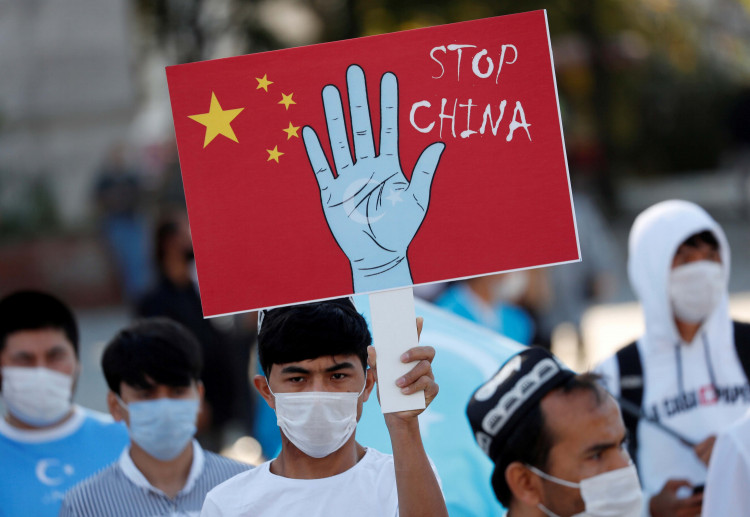Esquel Group, one of the world's largest shirt makers, has filed a lawsuit against the U.S. government for the "erroneous" blacklisting of a subsidiary.
The lawsuit, filed in a U.S. District Court for the District of Columbia, seeks recognition that Esquel's blacklisting of its Changji subsidiary was illegal and unconstitutional, as well as the removal of the unit from the list and reimbursement of legal fees.
As part of a push to punish companies for alleged human rights violations in China's Xinjiang Uygur autonomous region, the U.S. Commerce Department placed Esquel, which is based in Xinjiang, on an "entity list" in July 2020, banning it from purchasing goods from U.S. businesses.
"We have been forced to take legal action in order to protect our business interests and mitigate the devastating harm that is accruing daily to our business, employees and business partners," Esquel's chairperson and chief executive, Marjorie Yang, said.
In its complaint, the company said that as a result of its listing, it had lost a number of clients, including Nike, Gap, and Michael Kors and had been forced to close factories and cut operations in China and elsewhere.
Esquel was one of 11 China companies sanctioned by the Commerce Department in 2020 for alleged ties to Xinjiang forced labor.
The shirtmaker refuted the charges at the time and has spent the year since requesting information from the Commerce Department, including instances of evidence used in the decision.
The law firm representing Esquel, Akin Gump, said in a statement that the department had "provided no evidence to support its erroneous decision and acted far beyond its limited legal authority."
U.S. Secretary of State Antony Blinken, who met with Xinjiang internment camp survivors Tuesday, said that human rights advocacy will remain a key component of the administration's dealings with China.






